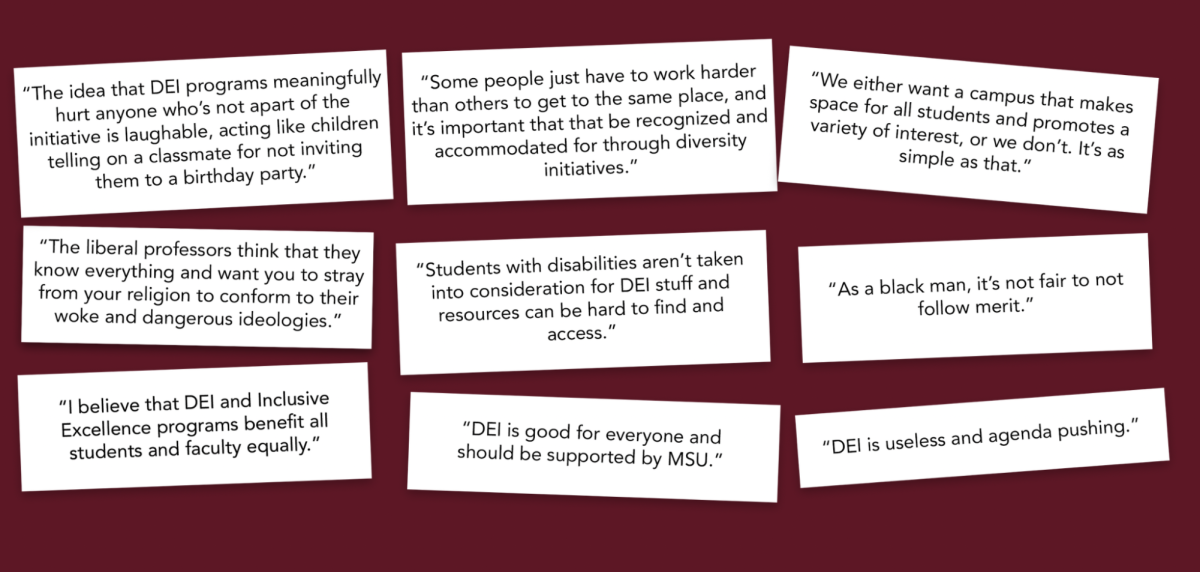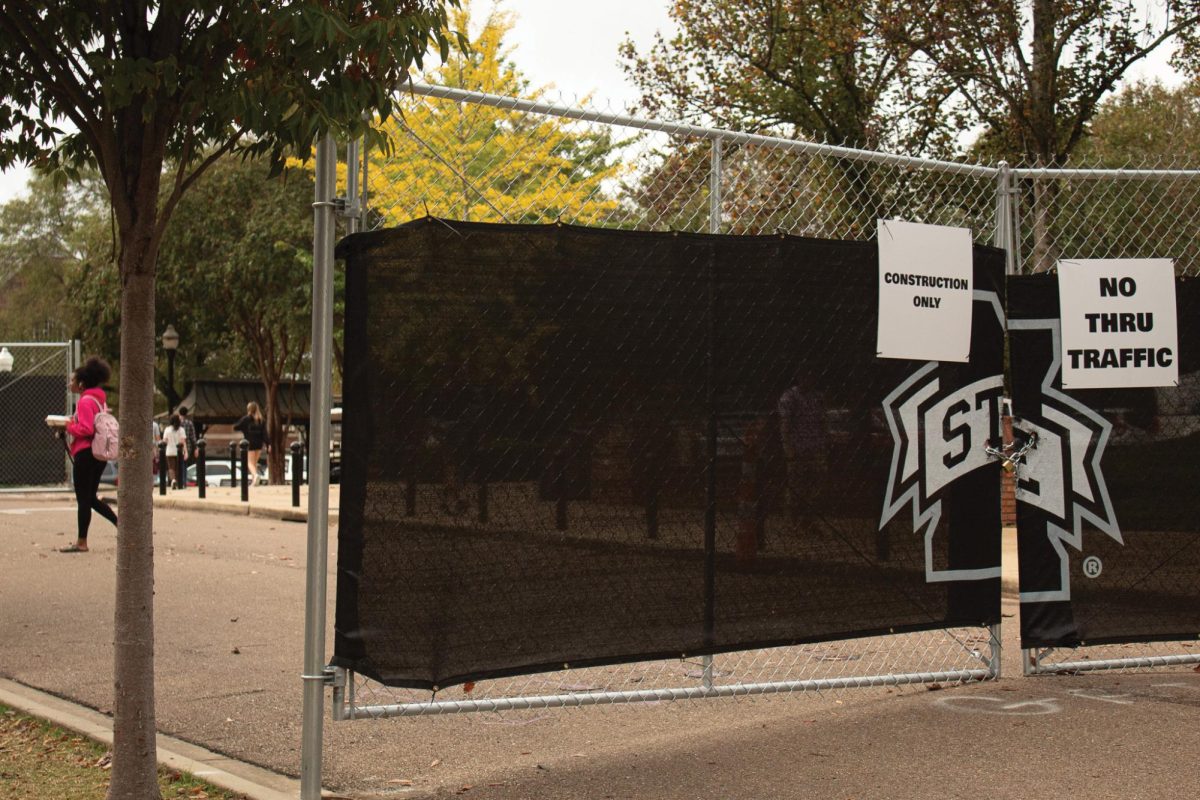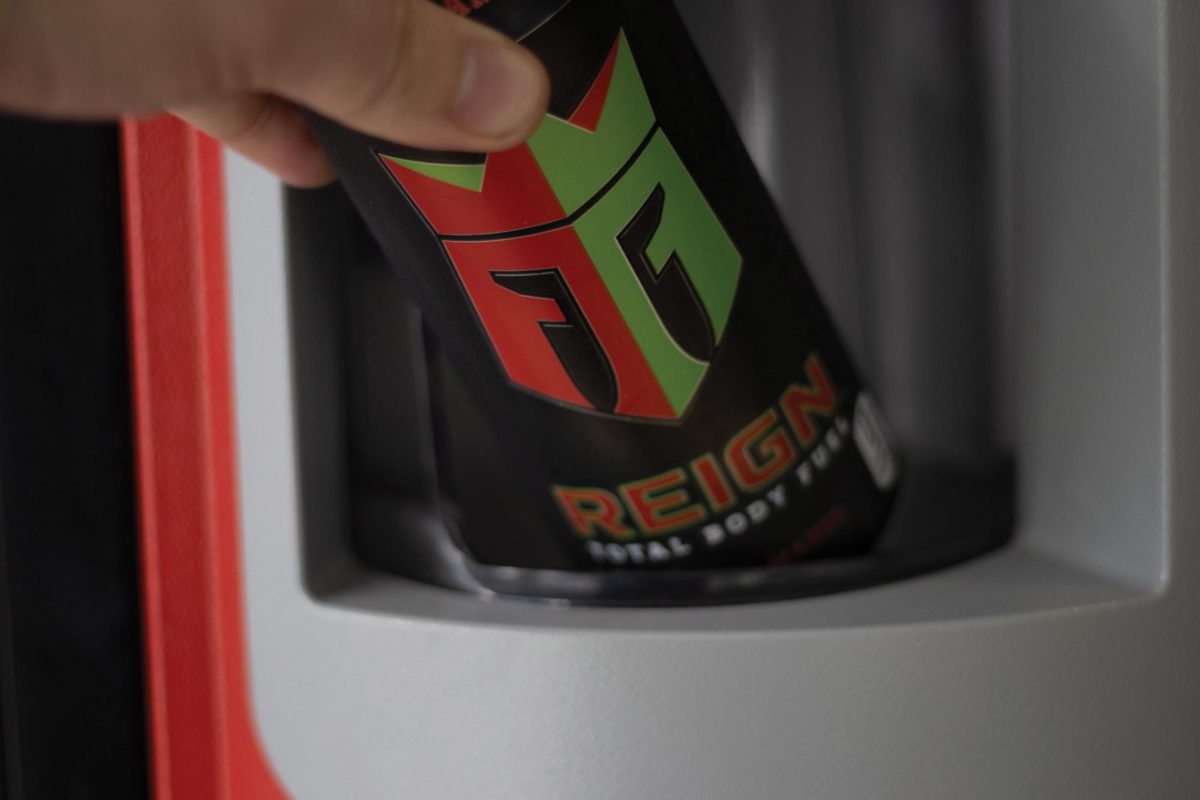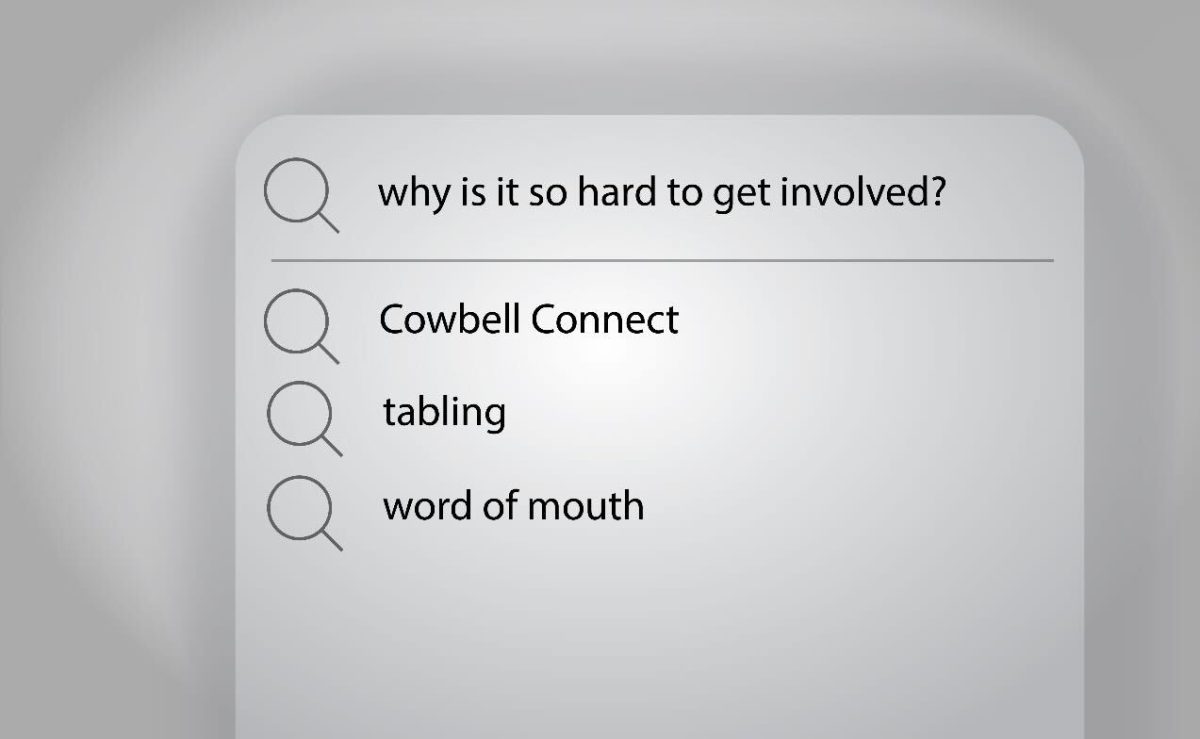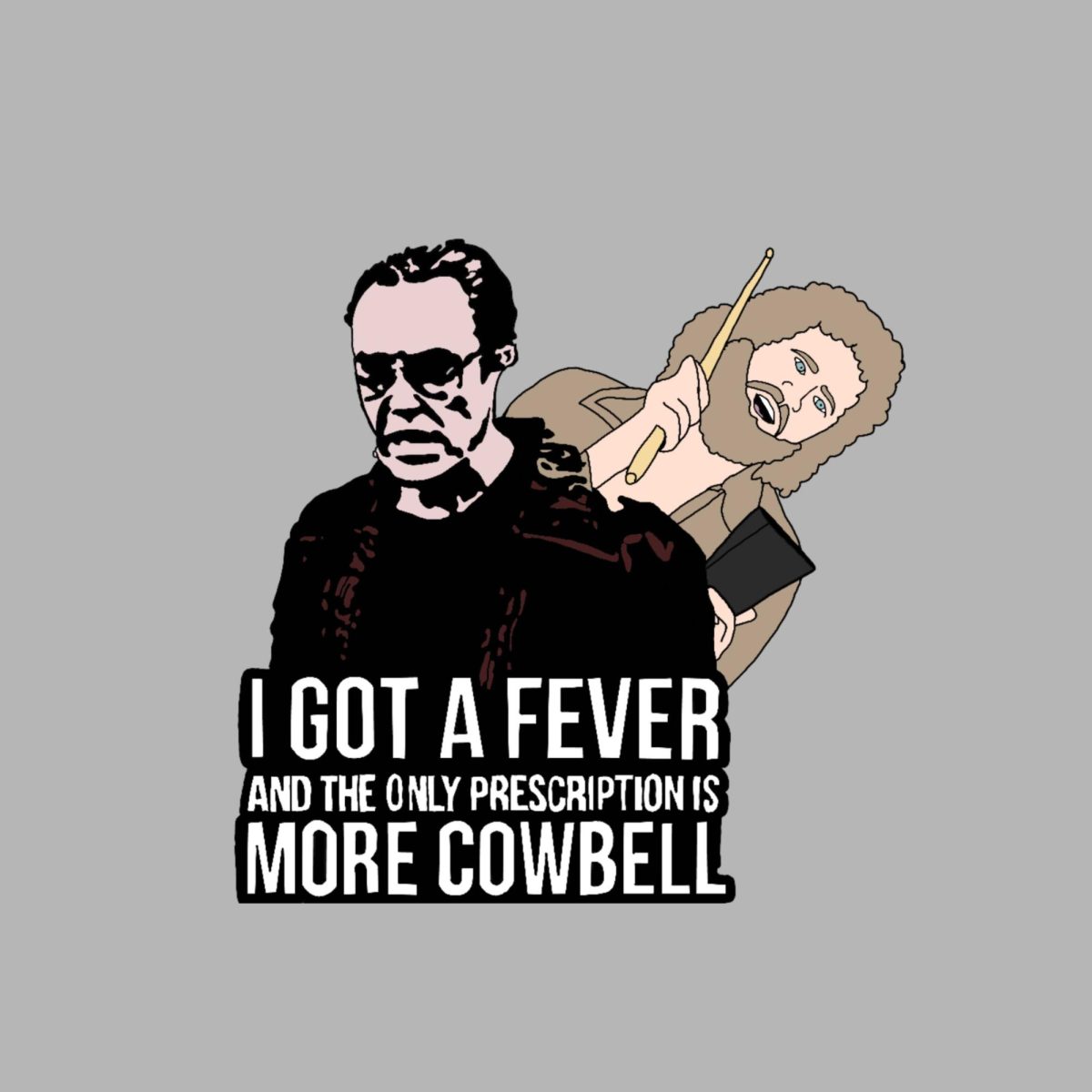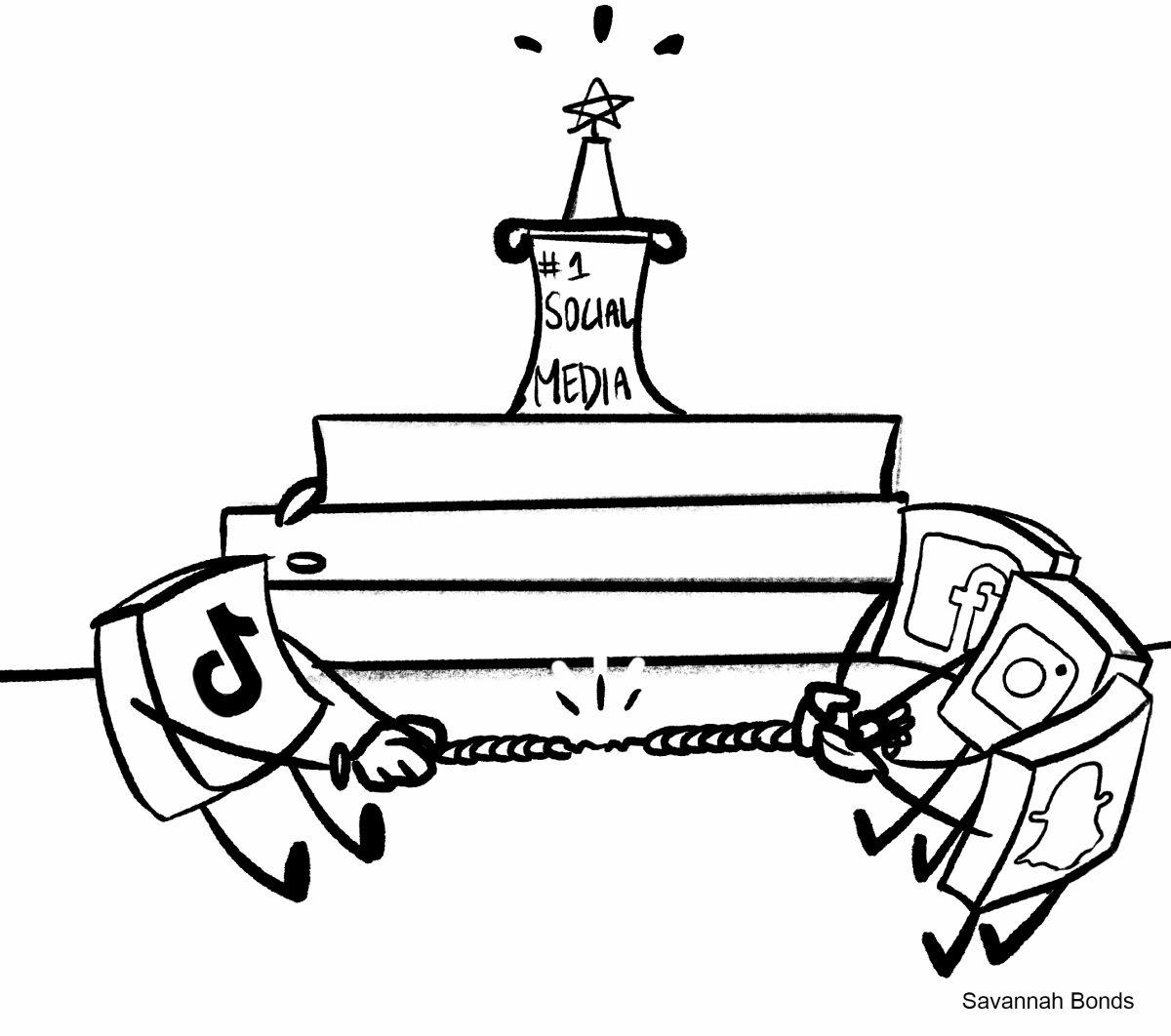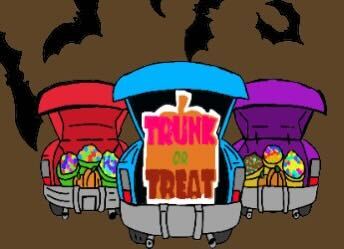Since its launch in 2016, TikTok has become an increasingly popular social media outlet especially among younger adults, tweens and even celebrities. In fact, according to Nick Wolny at Entrepreneur, TikTok is the most-downloaded free social media app, ranking second among all app downloads only to Zoom as of May 2020. Though it can be the source of many funny videos and cool dance trends, TikTok’s format allows for more spreading of dangerous and false information, and it is simply not as interesting, effective or engaging as other competing social media apps.
TikTok currently only allows the sharing of videos unlike its other social media competitors which have multiple usage features. Instagram and Snapchat contain both photo and video sharing while Twitter and Facebook include photos, videos and status updates.
Though TikTok is designed mostly for video sharing, the videos are still limited because they can only be up to 60 seconds long, according to Emily Waite at WIRED. This very easily enables different people to share unchecked, misguided information and ideals to a very impressionable young audience, especially considering how heavy a role social media plays in the spreading of information and important national news.
With this brief, video-only structure, it is also very easy for social trends to form and turn into a popularity contest. Depending on the nature of the trend, this could produce negative consequences, especially if the trend involves pranking or risking bodily harm. These TikTok trends can be a bad influence on the app’s target audience as they often encourage users to seek social validation in the form of likes, comments and views which very heavily impacts self-esteem and confidence.
In addition, TikTok simply does not share the same quality material its competing counterparts do. As a social media outlet, it would be practically useless for effectively keeping up and staying in close contact with family members and friends with its video-only format and limitations.
Though it has a direct messaging option, it simply does not compare to apps like Facebook and Snapchat which allow you to send messages, make phone calls and even do video calls. Twitter, Instagram, Facebook and Snapchat even have subscription features to various miniseries offered by their platforms which could be considered as a form of free television for many of its users.
Also, social media today has become a major source of information and greatly shapes people’s beliefs on current news and politics. With limited time frames and the lack of authorized informants using the app, TikTok proves very ineffective in sharing factual, accurate news.
As stated by Nicole Martin of Forbes, over 2.4 billion internet users utilize social media as their main source of news. Of this number, roughly 64.5% acquire breaking news from social media outlets rather than traditional news media formats.
Although most users use TikTok for its humorous postings and editing abilities, I find TikTok is more popular for its trends and editing capabilities rather than its amusing content. Even then, its funniest or most interesting videos usually tend to find their way to its competing social media apps like Instagram just as fast.
Lastly, the Trump administration considers TikTok, along with many other apps originating from China, to be a national security threat due to the increasing concerns of security breaches and hacking by the Chinese Communist Party.
In more recent news, according to Bobby Allyn of NPR, the Trump administration’s executive order to restrict access to TikTok was averted on Sunday, but some technology privacy experts are still concerned about the security of the app. With Facebook, Instagram, Twitter and Snapchat all being U.S.-based apps, TikTok continues to rank inferior when users have to question their safety and consider politics and government regulations just to use the app, and doing so strips away all the fun.
While the creators of TikTok have gained quite the crowd, I am afraid it will soon be just another social media app which gets a few good years of hype and then dwindles until it eventually dies. In a way, it was a nice attempt to revamp the notorious era of Vine, but unfortunately, it just misses the mark with its unamusing attempts at comedy and mediocre dance moves. However, if it encourages any kind of fun during these stressful times, why not let others enjoy it while it lasts, especially if its usage in the U.S. is bound to be limited?





